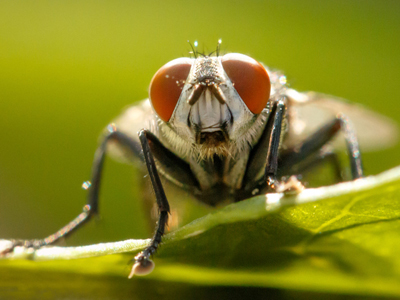
Lord of the Flies - Themes
This GCSE English Literature quiz takes a look at theme in Lord of the Flies by William Golding. Theme, in literature, is an idea conveyed by a text. Even the most simple work of literature is certain to contain several themes. These themes can range from those you couldn’t possibly miss to the more subtle ideas you only notice after reading a work for the third time. The various themes of a text will usually interact in conversation with one another, rather than operating in isolation. Authors use the essential elements of fiction, including setting, character, plot and dialogue, in order to develop theme.
You have probably noticed that related ideas and concepts pop up in different places in a text you are reading. These related ideas are the text’s themes. To analyse them, you might begin by considering how these ideas are introduced and develop over the course of the text. One good place to start is by considering your own opinions: have you been prompted to reconsider any of your own opinions on the ideas with which the text is concerned?
Ready for more?
not all...
quizzers. Try to win a coveted spot on our Hall of Fame Page.







